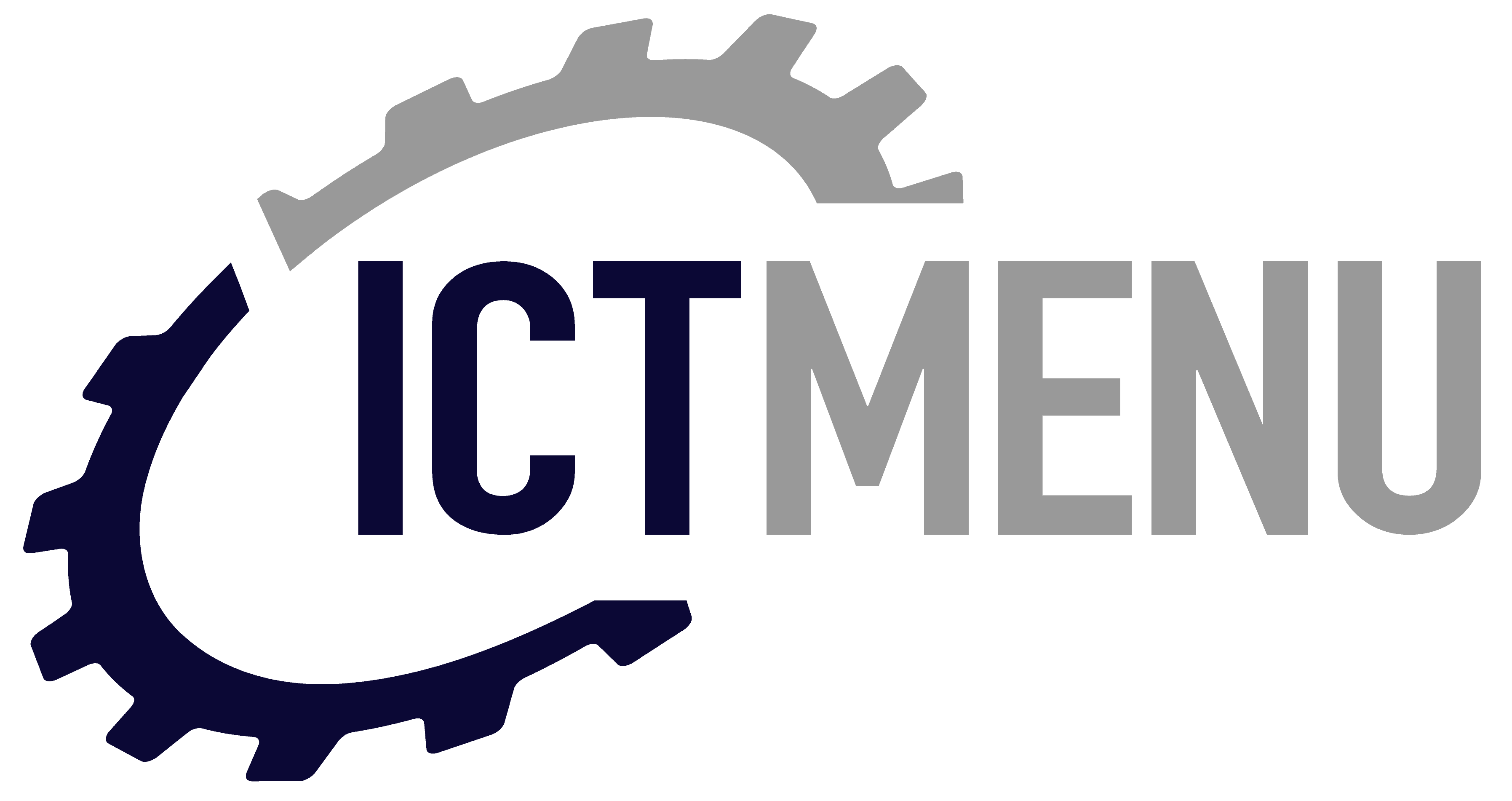Mendeley offers researchers a prolific tool to manage and share their work effortlessly. By organizing references with precision and collaborating seamlessly with peers, Mendeley is crucial for efficient research. With intuitive features for annotation and data capture, it’s an ideal companion for both solo projects and collaborative endeavors. As you explore this guide, expect insights on maximizing Mendeley’s potential for research optimization.
Mendeley Features Explained
Mendeley is a game-changer for researchers, offering an array of powerful features designed to streamline and enhance the entire research process. With its robust reference management system, Mendeley allows users to easily organize and catalog references—making literature reviews and citation tasks more efficient than ever. This tool automates citation formatting for various styles, effortlessly integrating into word processors to provide real-time citation management that can significantly reduce manual errors and save time.
Beyond reference management, Mendeley’s PDF annotation feature is particularly valuable. Researchers can highlight, annotate, and make notes directly within PDF documents, facilitating a deeper engagement with the material. This function supports efficient information retrieval and allows users to track important insights swiftly.
Collaboration is another area where Mendeley excels, offering tools that support seamless teamwork. Researchers can create shared libraries, enabling them to work with peers and colleagues from any location. This collaborative capability is bolstered by Mendeley’s cross-platform syncing, which ensures that updates and additions are instantly reflected across all devices—keeping everyone on the team on the same page.
The cloud-based access Mendeley provides ensures that researchers have their documents and notes available anywhere, enhancing mobility and flexibility. With Mendeley, note-taking is no longer tied to a specific device, drastically increasing research efficiency and flexibility.
By integrating Mendeley into academic work, researchers transform their documentation process, from drafting to collaboration, into a seamless, time-saving operation. As we continue, we will delve into how Mendeley assists in organizing your references, providing structured solutions for managing citation libraries effectively.
Organizing Your References
Mendeley offers a transformative approach to organizing your research references, ensuring a streamlined process from collection to citation. As you transition from understanding the features of Mendeley, it’s now time to delve into how effectively managing your literature can significantly enhance your research productivity. Mendeley categorizes your references by allowing you to create collections tailored for specific projects. Imagine working on multiple research topics simultaneously; you can effortlessly organize your references into distinct collections, keeping everything well-structured and easily accessible.
Utilize smart tags in Mendeley to facilitate quick retrieval of information. By tagging your references with relevant keywords, you integrate a layer of metadata that simplifies searching and sorting, making it incredibly efficient to locate specific studies or papers when needed. Implementing folder structures that align with your workflow is another powerful feature. You can create a hierarchy of folders to mirror different research phases or themes, customizing your library to fit your project demands.
Moreover, Mendeley automates citation formatting across countless writing styles, saving you time and reducing the risk of errors. As you compile your references into academic works, the seamless incorporation of citations ensures your focus remains on writing rather than formatting.
With Mendeley consistently enhancing how you manage and utilize literature, collaboration becomes the next logical step to further amplify your research effectiveness. Transition into exploring how to collaborate with peers, setting the stage for scholarly synergy and shared insights.
Collaborate with Peers
Mendeley transforms the way researchers collaborate, building on the organizing processes outlined earlier by offering unparalleled collaborative features. With Mendeley’s advanced collaborative tools, sharing becomes almost instantaneous. Imagine effortlessly sharing libraries and documents with your colleagues, elevating the ease and speed of information dissemination. This immediate access to collective resources fosters a productive environment where group learning and interaction thrive.
Participating in research groups via Mendeley is another cornerstone of collaboration. By leveraging the insights gathered from diverse perspectives, projects can benefit from extensive input, expanding beyond individual insights. These research groups promote a sense of community, allowing members to contribute and refine ideas collaboratively.
Within shared files, users can easily discuss and annotate, weaving a rich tapestry of dialogue and engagement. This functionality supports an interactive platform where team members can provide feedback directly within the document context, ensuring clarity and precision in communication.
Mendeley also addresses the intricacies of version control, an often critical aspect of managing shared documents. With version control, you can be confident that all contributors work on the latest document version, minimizing errors and confusion that can result from outdated data.
These features lay a foundation for seamless global collaboration that is both efficient and integrated into research workflows. With collaboration amplified by Mendeley, researchers are better equipped to work collectively and effectively. This collaborative spirit inherently supports researchers in accessing their work anytime, anywhere, neatly transitioning into the benefits of Mendeley’s mobile accessibility.
Access on the Go
Mendeley offers an unparalleled advantage in research by allowing real-time access through its mobile and web platforms. This connectivity ensures that wherever your work takes you, Mendeley’s seamless sync feature keeps your references and files updated across all your devices. Imagine the convenience of leaving the office during a collaborative project and still having the latest information at your fingertips. During travel or in areas with limited internet access, Mendeley’s offline reading capability enables you to delve into your library without missing a beat, enhancing productivity without interruption.
Utilizing Mendeley means you can annotate articles online or offline, providing flexibility and continuity in your research process. Whether it’s on a flight or a commute, your ability to highlight and comment on critical points remains unimpeded. Furthermore, the platform’s real-time updates ensure that every member of your research team is on the same page, enhancing collaboration that was introduced in the previous chapter. By avoiding delays and miscommunication, Mendeley keeps your team informed and empowered.
By providing uninterrupted access to your research materials and ensuring you’re always connected, Mendeley transforms how researchers engage with information. This seamless integration naturally leads us to explore the next highlight of Mendeley, making the most of annotations. Expect to dive further into this feature and learn how it can enhance your research productivity even more.
Making the Most of Annotations
Mendeley seamlessly bridges the gap between on-the-go accessibility and deep engagement with research material through its comprehensive annotation tools. These tools transform reading from a passive activity into an active learning experience, crucial for academic success and professional growth. Highlighting key points within your PDFs is effortless with Mendeley, allowing you to create custom visual cues to revisit later. This simple feature enhances your ability to synthesize large volumes of information quickly and effectively.
Adding notes and comments directly onto your research documents further enriches this interactive process. Whether capturing fleeting insights or detailed observations, Mendeley enables you to jot down these thoughts fluidly. Each annotation becomes part of a living dialogue with the text, fostering a deeper level of engagement with the material. Completing this powerful feature set is Mendeley’s customizable database for annotative content. Users can categorize, sort, and search through their notes, creating an organized structure that aids memory retention and future retrieval.
When it comes time to write, your integrated notes can be accessed effortlessly, streamlining the drafting process. This not only saves time but also ensures that nuanced insights are woven into your narrative naturally and accurately. As you delve deeper into Mendeley’s capabilities with seamless annotation, the transition to integrating these tools with other digital utilities becomes a logical next step. This synergy with other technologies further empowers your research, setting the stage for more innovative approaches and outcomes.
Integrating with Other Tools
Mendeley smoothly integrates into your existing research workflow, offering a seamless transition from the chapter on annotations. By aligning with essential tools, Mendeley enhances productivity and efficiency in academic writing and research management. Use MS Word and LibreOffice plugins to manage citations fluently; these integrations allow you to insert references as you write, while automatically formatting bibliographies and citations. This functionality negates the complexity of manually managing references, saving time and reducing the risk of errors.
The power of Mendeley’s API integrations opens a world of enhanced functionality. Researchers can customize their environments to meet specific needs, linking Mendeley with other research tools and systems to streamline data management. This flexibility ensures that whether you are part of a larger research team or working independently, Mendeley’s features are adaptable to your workflow preferences.
Additionally, third-party apps extend Mendeley’s capabilities. These apps can boost your research by offering tools for annotation, note-sharing, collaborative projects, and more. They ensure that you leverage the full potential of Mendeley in a way that aligns with your specific research goals.
Exporting and importing data becomes a non-issue, as Mendeley facilitates easy data transfer between platforms. This interoperability allows researchers to move seamlessly between different tools and applications without losing data integrity. Mendeley’s flexibility ensures that it fits naturally into any research environment, providing robust solutions that adapt to varied needs and preferences. This ease of integration makes Mendeley a vital tool for researchers seeking to optimize their workflows and enhance their overall productivity in the digital landscape.

